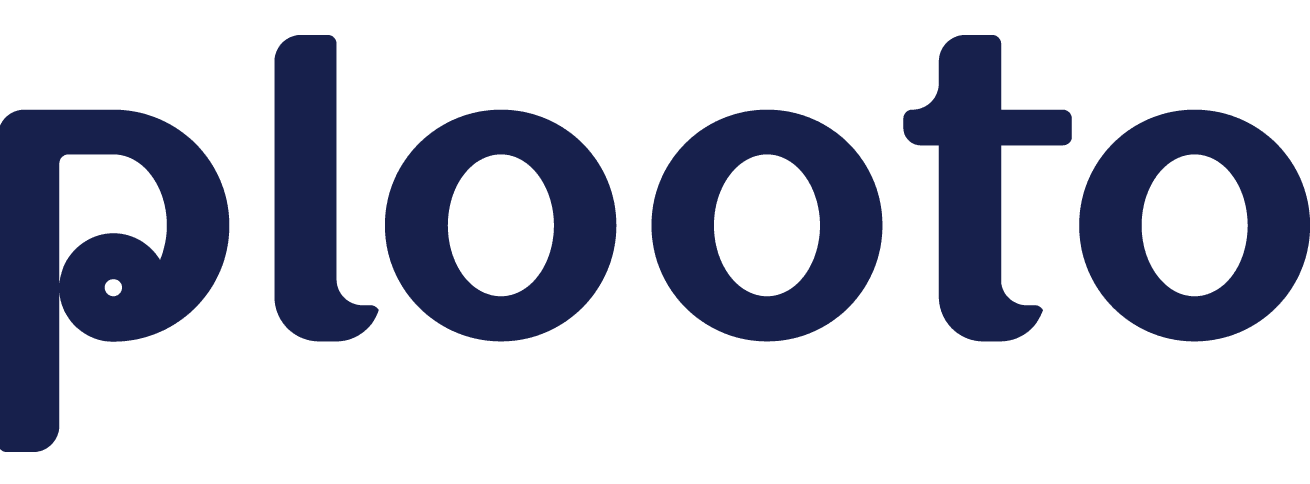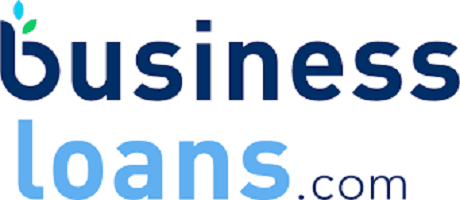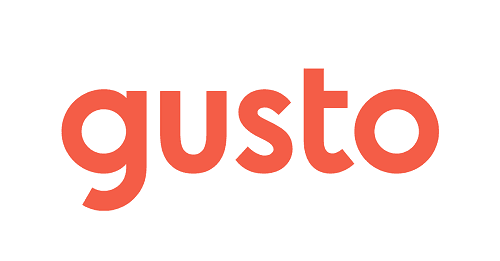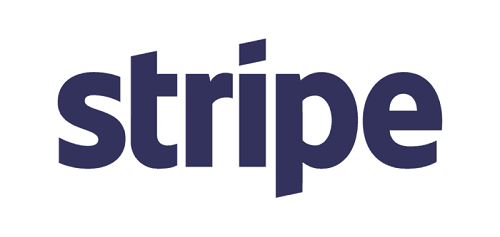Business Finances
Your money matters, and our Business Finances hub can help you more effectively manage it. From securing funding and tracking revenue and expenses to bolstering cash flow, these resources can help you build a sturdy foundation for your fiscal house.
Expert Business Financial Advice, Tips and Resources
The Best Financial Products and Services



Trending Financial Articles



Latest: Advice, Tips and Resources in Finance

Alternative lenders offer more flexible terms and faster approval and funding than traditional banks. Discover more about alternative loans.

A credit card imprinter is a physical device that makes an imprint of a credit card onto a carbon copy sales slip to process and track payments manually.

Capital and operating grants are two different ways to fund your business. Here's what you need to know before applying for a business grant.

Restaurant accounting has specific needs and features. Here's a look at restaurant accounting methods and expenses, how tips factor in, and more.

QuickBooks and Xero are two of the most popular accounting software choices for small businesses. Here is how they compare.

FreshBooks and QuickBooks are two of the best accounting software programs for small businesses. Here’s how they compare.

QuickBooks Online is an excellent small business accounting package. Learn about QuickBooks Online's features, like automation, security and integrations.
Should you use the desktop application or web browser version of QuickBooks? Here are some important updates about this software program.

Wix's POS excels in scheduling, integrates with top payment processors, but has high AmEx fees and $15 chargeback fees. It's only available in the US and Canada.

Plooto excels in payment automation with a 150,000-vendor network, but lacks full accounting features, a mobile app, and has limited integrations.

BusinessLoans.com is a marketplace, not a lender, offering loans from $10K to $3M. Rates start at 9%, but funding can be slower than competitors.

While FreshBooks is popular accounting software, others might work better for your company. Learn about some alternatives.

When your small business needs a funding source, you may consider a loan or try crowdfunding. Learn how to choose the right option for your business.

Gusto helps small businesses manage payroll and HR processes. Explore its features, usability and limitations in our Gusto review.

Helcim offers transparent interchange-plus pricing, no monthly fees, free POS tools and strong support, making it a great all-in-one credit card platform.

Your SBSS score matters when you're applying for a small business loan. Here's what you need to know.

Accounts payable is money your business owes, and accounts receivable is money owed to you. Learn how accounts payable and accounts receivable differ.

Square is a top credit card processor with no fees, low rates and pay-as-you-go terms. Learn why Square is the best credit card processor for startups.

A payment gateway encrypts and transmits customer data; a processor moves funds between accounts. Both are essential for online credit card transactions.

Businesses in high-risk industries, like gambling, can have a hard time finding a credit card processor or merchant account provider to handle their payments.

Accepting only credit cards can boost restaurant efficiency, reduce theft and speed up service — but it may alienate cash-preferring customers.

Reduce chargebacks through clear return policies, detailed receipts, prompt customer service and thorough documentation for all transactions.

Top PayPal alternatives include Stripe, Authorize.Net, Shopify Payments, Braintree and Payoneer. Each payment facilitator is ideal for different business needs.

Stax and Square give merchants an easy and convenient way to accept credit cards. Learn how their features, plans, pricing and integrations compare.
Restaurants benefit from using payment processors that offer POS integration, fraud protection, flexible terms and support for mobile and online payments.

Stripe is best for online and tech-savvy businesses, offering powerful APIs, global payments, recurring billing and seamless integrations with major platforms.

Stripe is ideal for online businesses needing customization, while Square suits in-person sellers with free POS tools, transparent pricing and fast setup.

Accepting credit cards helps construction firms boost cash flow, reduce bounced checks and offer clients flexible, secure payment options.

Stax offers flat-rate subscription pricing for high-volume businesses, while Stripe is better for startups needing developer tools and global payment options.

Flagship Merchant Services offers custom pricing, same-day setup, and free Clover Mini equipment, making it ideal for small businesses seeking flexibility.

